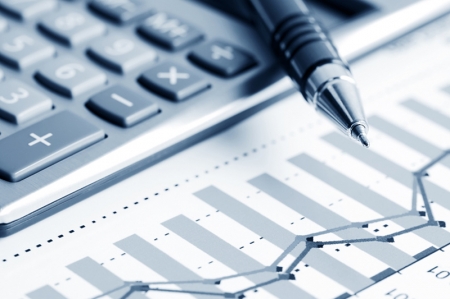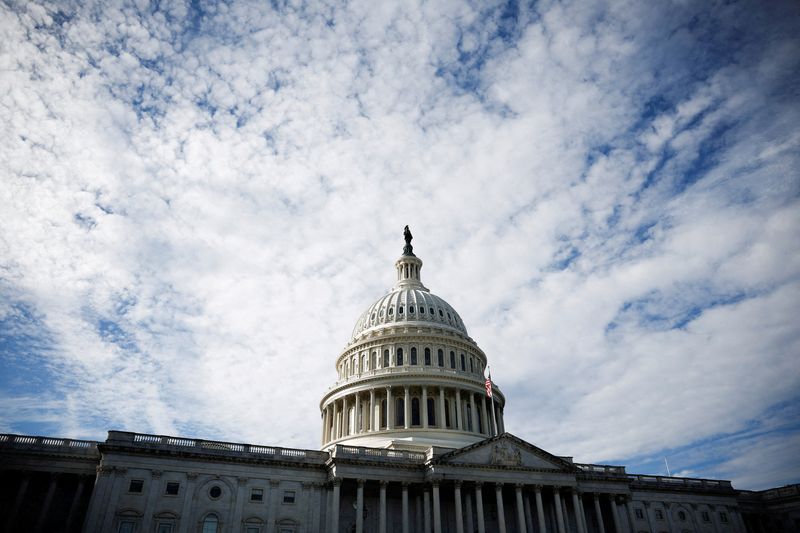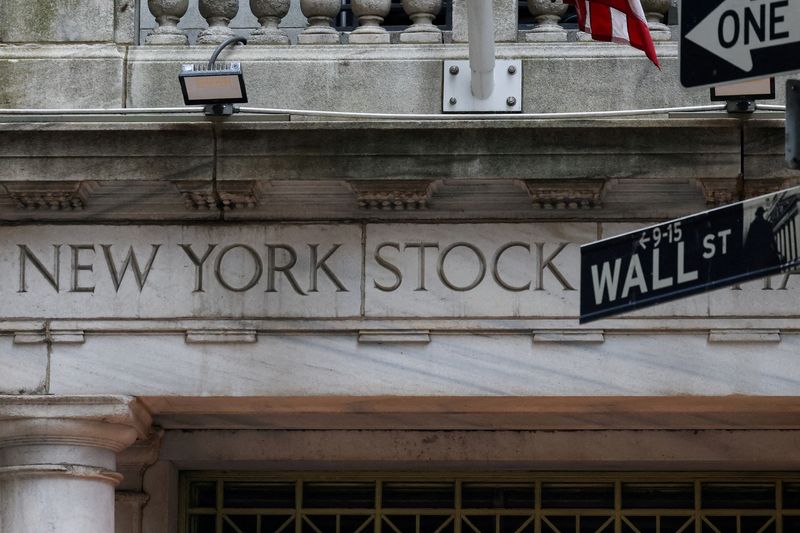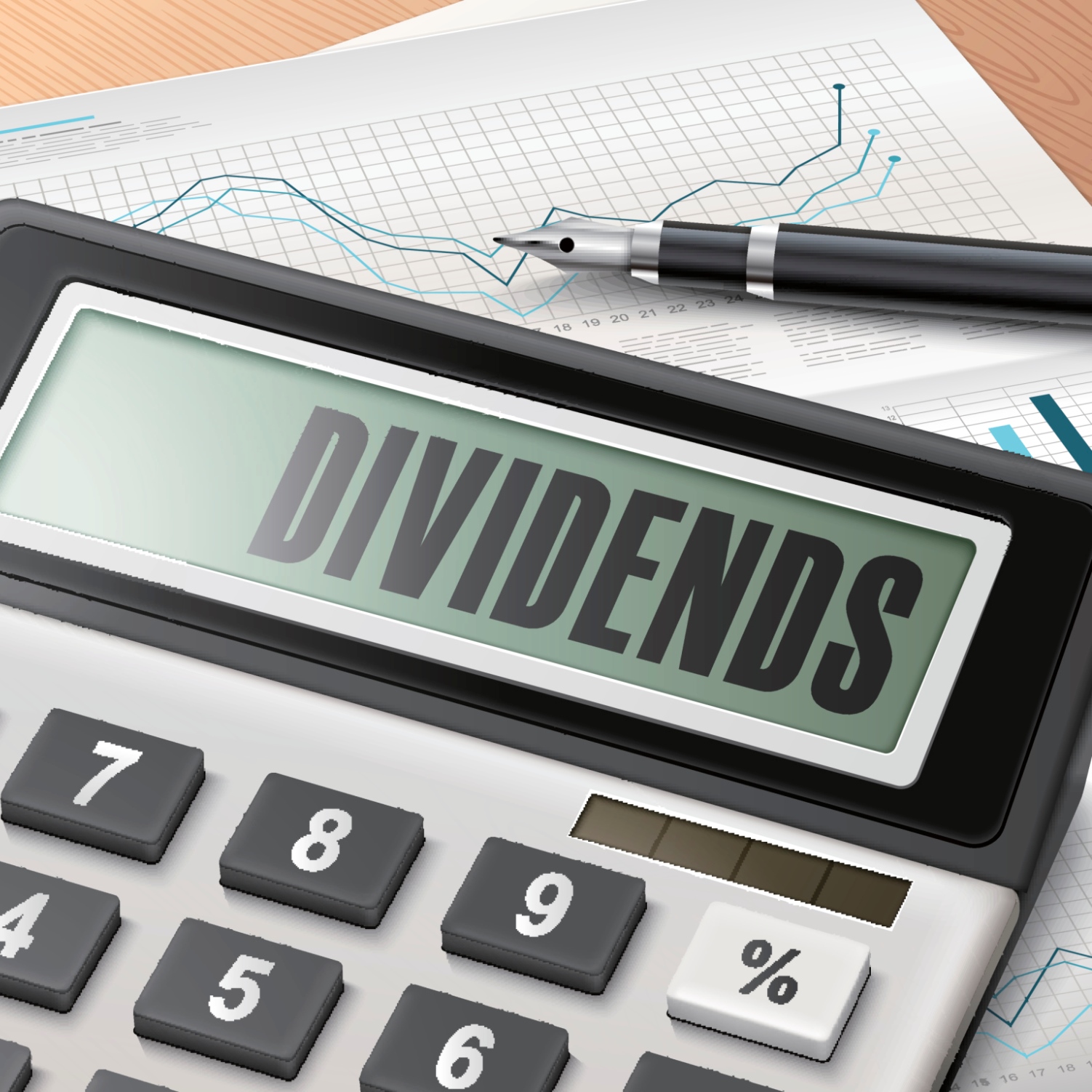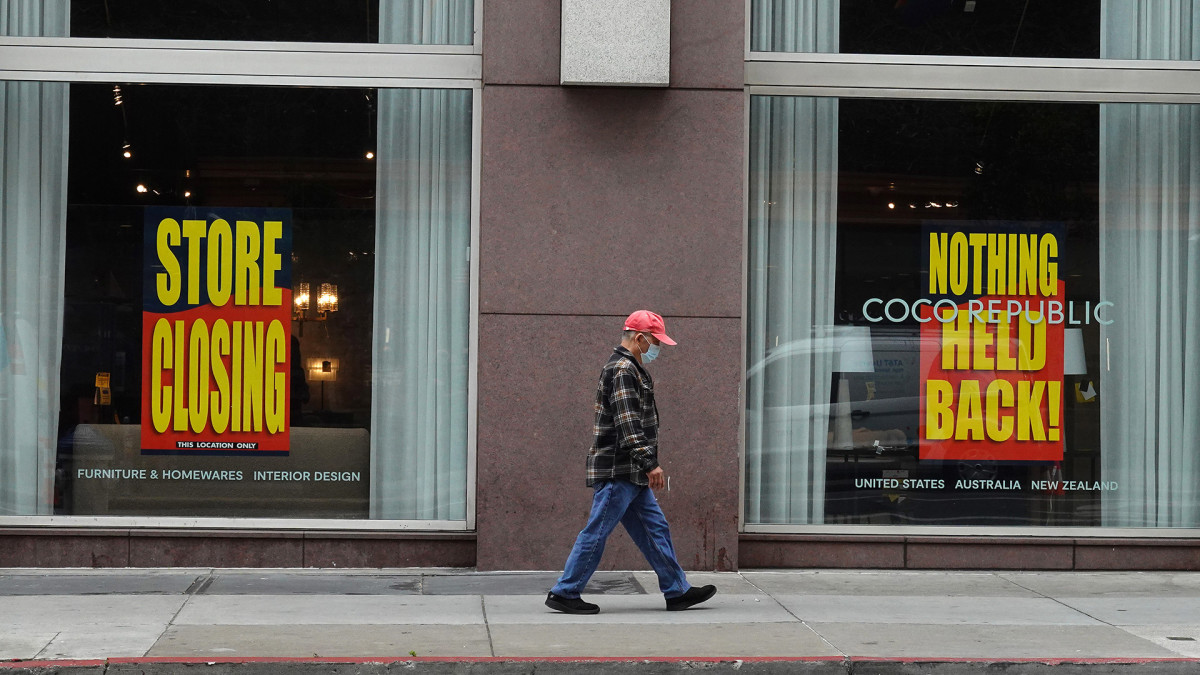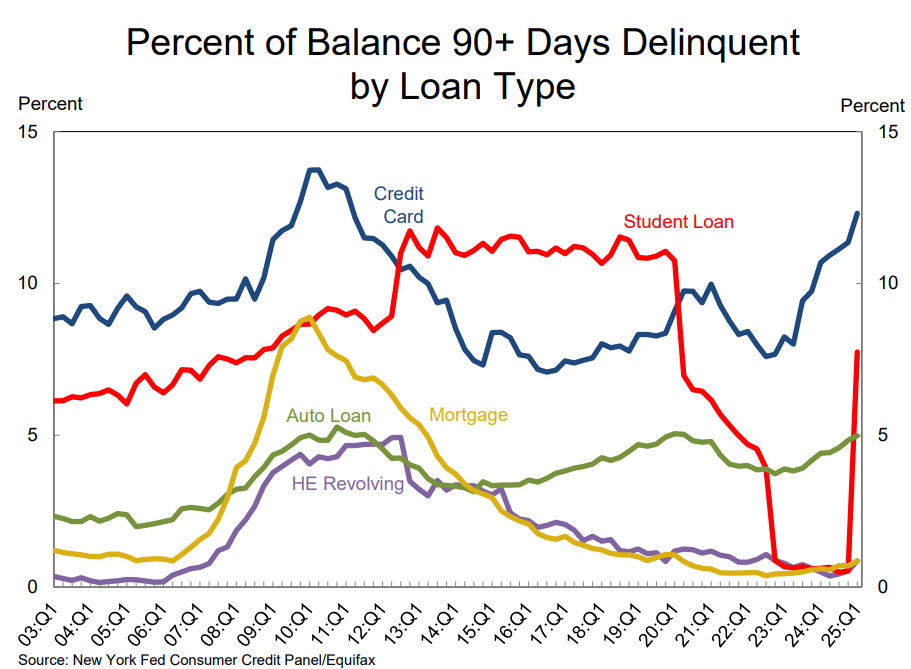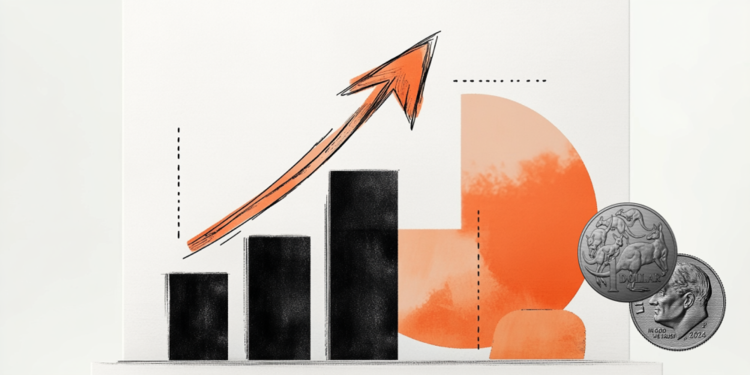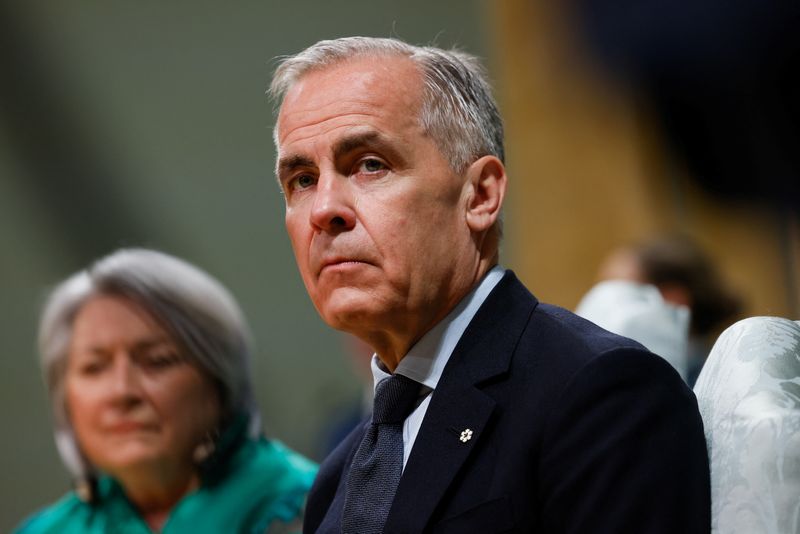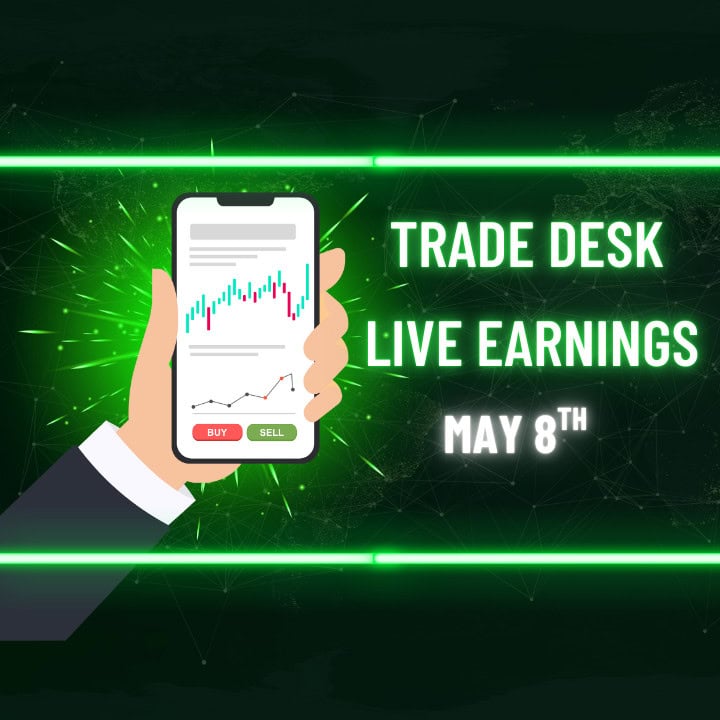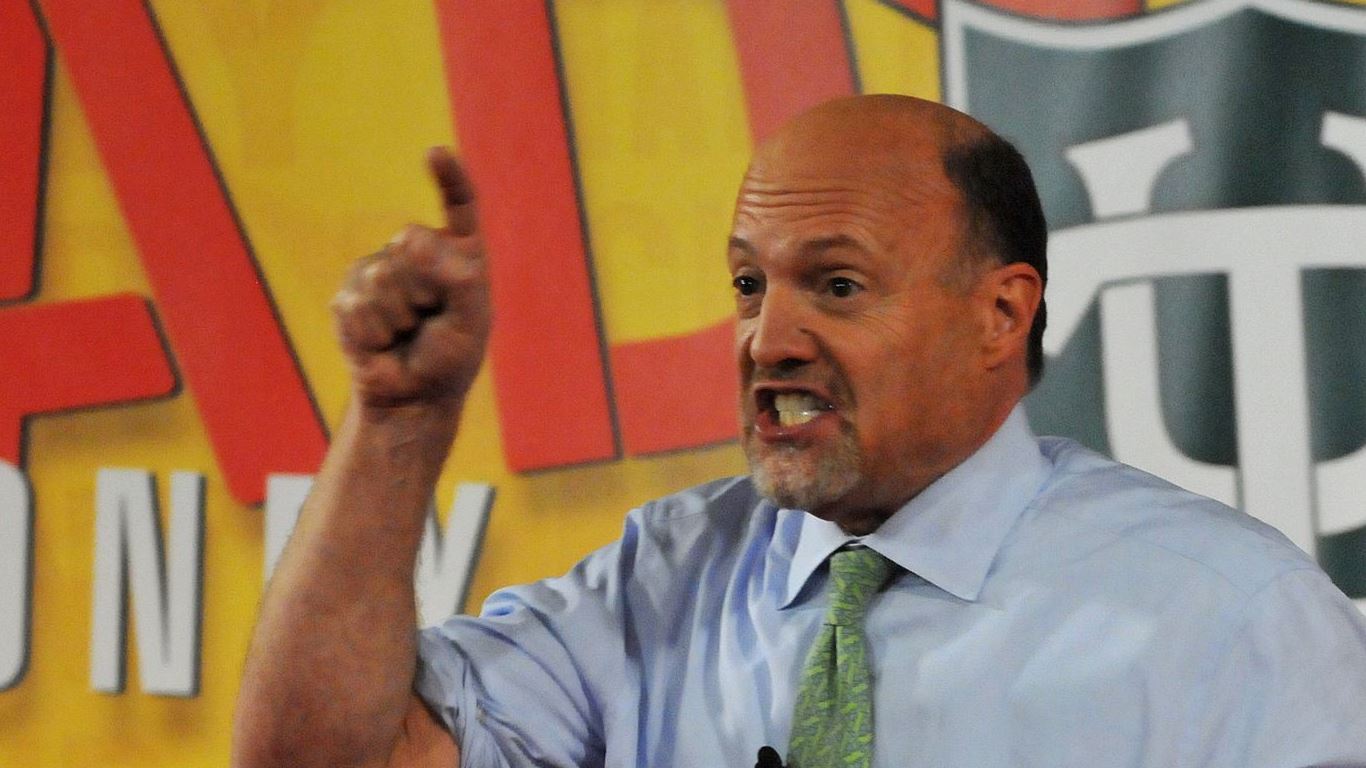Dave Ramsey Says to Make These 3 Key Moves as Recession Fears Grow
These days, a lot of people are worried about a recession. And that includes everyday consumers and experts alike. Much of that fear stems from uncertainty around tariffs. It’s too soon to know exactly how much more expensive costs are going to be once the full impact of tariffs takes hold. But a lot […] The post Dave Ramsey Says to Make These 3 Key Moves as Recession Fears Grow appeared first on 24/7 Wall St..
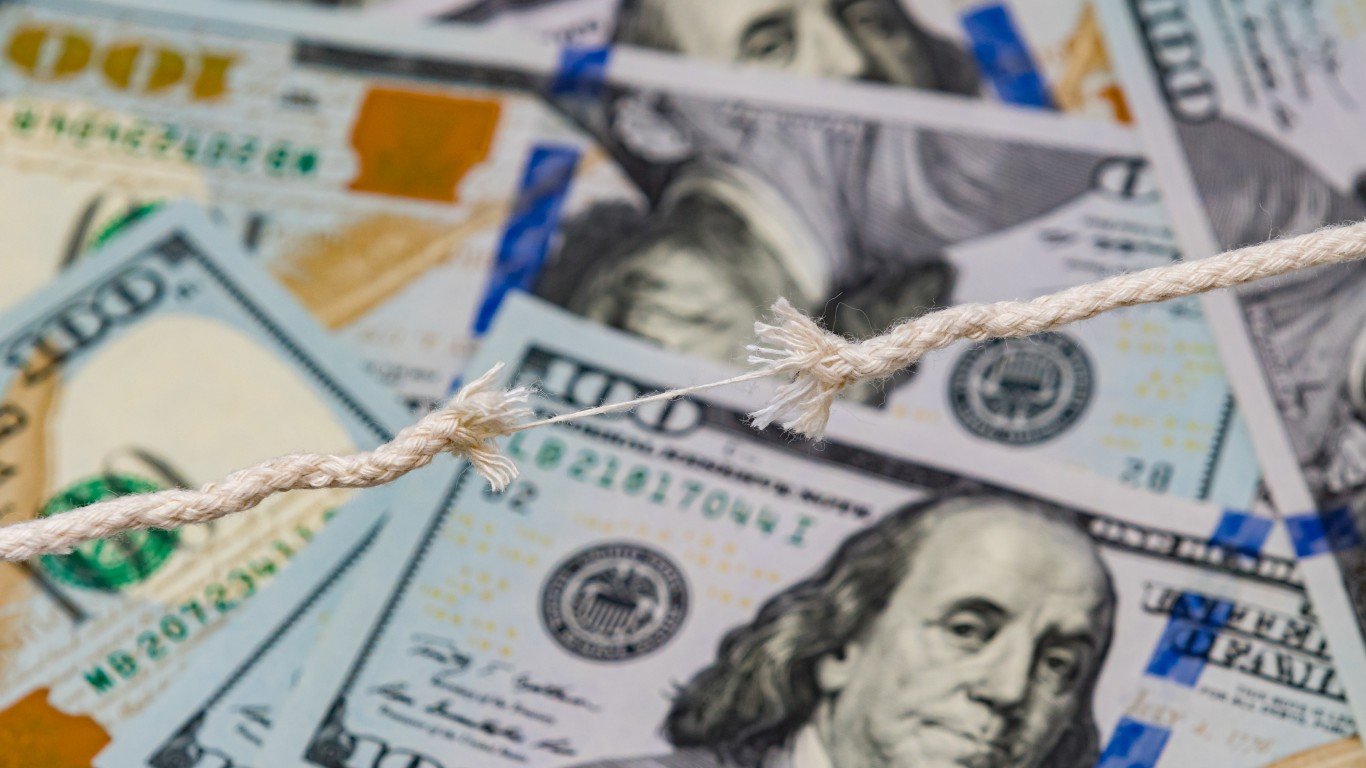
Key Points
-
Recent economic events have many experts worried about a recession.
-
Ramsey says consumers should take action but not panic.
-
Boost your cash reserves and be very mindful of your spending to cope with economic upheaval.
-
Worried a recession will impact your long-term goal? SmartAsset’s free tool can match you with a financial advisor in minutes to help you weather any potential storm. Each advisor has been carefully vetted, and must act in your best interests. Don’t waste another minute; get started by clicking here.(Sponsor)
These days, a lot of people are worried about a recession. And that includes everyday consumers and experts alike.
Much of that fear stems from uncertainty around tariffs. It’s too soon to know exactly how much more expensive costs are going to be once the full impact of tariffs takes hold.
But a lot of people are worried about their personal costs skyrocketing. And if tariffs fuel a big pullback in consumer spending because consumers can no longer afford certain things, it could lead to a broad economic slump.
The good news is that there are steps you can take to address recession fears. Here are three that financial expert Dave Ramsey suggests.
1. Create a budget to follow
The nice thing about a budget is that it tells you where your money is going every month. That should, in turn, make it easier for you to keep your spending in check and cut costs.
A lot of people think of budgeting as time-consuming, tedious task. But in reality, you can set up a budget pretty quickly.
Just look through recent credit card and bank statements to see which bills you pay every month. Then, compare those to what you earn to see what the result looks like.
Ideally, you’ll find that you’re not spending your entire paycheck on expenses. But if that’s not the case, you’ll be able to take a look at your budget and find ways to cut back on spending.
2. Boost your emergency fund
If you’re worried about a recession, then one of the best things you can do is build an emergency fund or boost an existing one you already have. During a recession, it’s possible for more jobs to be cut. You’ll need a way to pay bills if that happens to you. And that’s where a solid emergency fund comes in.
Ideally, your emergency fund should have money to cover three months of essential bills at a minimum. But for more protection, it’s not a bad idea to aim higher and try to sock away enough cash to pay your bills for six months.
Incidentally, having a budget could make it easier to build an emergency fund. Once you see what your spending looks like more clearly, you can make smart choices that enable you to bank some extra savings.
It’s also not a bad idea to turn to the gig economy for extra money for your emergency fund. Plus, as a bonus, if you end up losing your main job, you might be able to fall back on your side job temporarily to help cover your costs.
3. Try not to panic
It’s natural to get worked up over a potential recession. But panicking is not going to do you any good.
Plus, a recession is not guaranteed to happen. And even if it does, it could be a quick event that lasts only a few months, as opposed to a few years.
Rather than get worked up, channel that energy into action. In addition to the steps above, assess your investment portfolio and make changes as needed. That could mean rebalancing or shifting into assets like dividend stocks that are able to produce income for you.
Recessions don’t always drive stock market downturns, but they can. And as it is, the market has been quite volatile since the start of April. So it’s a good time to give your portfolio a checkup.
And you don’t have to do that alone. Now’s actually a great time to find yourself a financial advisor. A qualified advisor can not only help you get your portfolio in shape, but also offer tips on how to prepare for a potential recession to minimize its impact on you.
The post Dave Ramsey Says to Make These 3 Key Moves as Recession Fears Grow appeared first on 24/7 Wall St..






